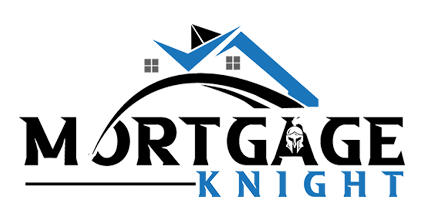Are you ready to step into your first home? Did you know that the average age of first-time buyers in the UK has hit a record high of 30 years? Securing mortgages has become more challenging than ever, making accurate information crucial.
Can Self-Employed Individuals Obtain a First-Time Buyer Mortgage?
The path to purchasing your first home can seem daunting, especially when you’re a contractor. You might have been discouraged by people saying you won’t qualify for a mortgage. While it may pose additional challenges, don’t let this dissuade you. What you need is professional guidance, and that’s where Mortgage Knight steps in.
Ways to Improve Your Chances of Securing a Contractor First-Time Buyer Mortgage:
Consult a specialist advisor. Explore available government schemes, such as Help to Buy. Be selective in your search – not all mortgage providers will suit your needs! Consider adding an extra £100 to your deposit if you’re on the cusp of a deposit band. Keep your credit utilization low—avoid maxing out credit cards or overdrafts. Rein in spending before making your application. Avoid applying for additional credit just before your mortgage application. Ensure you’re registered to vote, if not already. Check for any errors on your credit report.
Expert Guidance for First-Time Mortgages:
One common mistake many contractors make is approaching banks for their first-time buyer mortgage. Getting a bank loan in such instances can be tough, leaving you feeling discouraged and caught in a maze of requirements.
Working with us means you’ll communicate with a specialist contractor mortgage advisor. They comprehend the unique nature of your work and precisely know how to present your circumstances to a mortgage lender, assuring them of your stable income and credibility. They’ll match you with the best mortgage providers based on your circumstances, increasing your approval chances.
Factors considered in a mortgage application include:
Employment status and income Existing debts Outgoing expenses Credit rating Savings for a deposit Required mortgage size
How We Improve Your Chance of Mortgage Approval:
Our standout service involves presenting you to lenders based on your gross contract value. This approach acknowledges that traditional accounts may not reflect your actual earnings accurately. Unlike standard mortgage advisors who rely on salary and dividends, we recognise the limitations of this approach and use your gross contract value, ensuring your accounts or payslips aren’t necessary.
First-Time Mortgages for Contractors:
We assist various types of contractors, including those under umbrella payment structures. Whatever your circumstances, our experience and connections ensure you have the best chance of securing a favourable mortgage rate.
Mortgage Lenders:
We work with an array of lenders, including:
Accord Bank of Ireland Barclays Bluestone Clydesdale Coventry Halifax HSBC Kensington Kent Reliance Leeds BS Metro Bank Nationwide NatWest Scottish Widows Virgin Money
Monthly Mortgage Repayments:
Your monthly repayments depend on the type of mortgage you choose. Explore our mortgage types for better insights.
Support at Every Step:
From your first inquiry to completing your mortgage, we stand by you. Many aren’t aware of contractor mortgages, but they’ve existed for decades. We’re well-versed in this niche and can guide you through the process clearly and concisely, keeping you informed at every turn. For more information, explore our First-Time Buyers Guide for Contractor Mortgages and use our mortgage comparison tool.
Call us today on 02081437777 to receive a comprehensive quote tailored to your contracting circumstances. We’re here to assist you!

